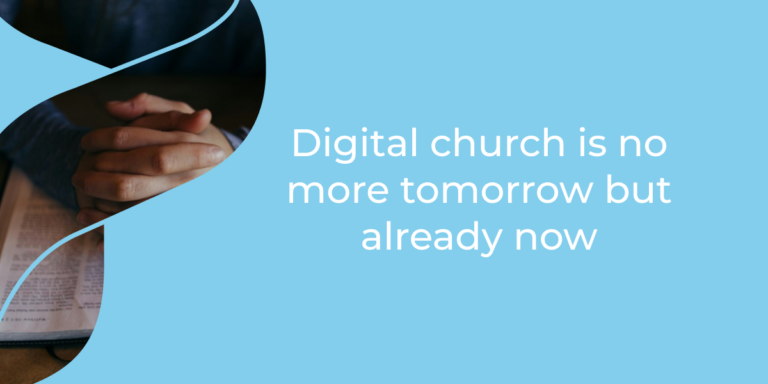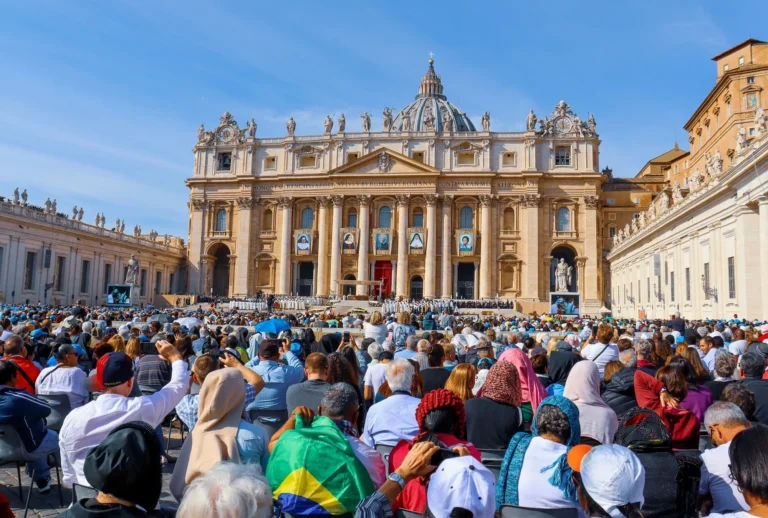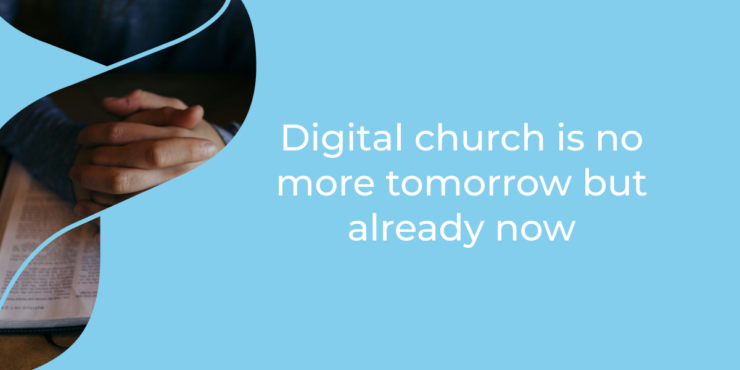The call to raise and promote spiritual enlightenment has increased over the years and will likely continue to be so. Many have observed an increasing number of individuals who are losing their religious affiliation and describe their religious identity as a non-believer, agnostic, or ‘nothing in particular.’ Can you just imagine the amount of spiritual departure in our world today?
But how can we keep such a thing from happening in this ever-darkening world? Well, some suggest joining the clergy may be the answer.
Do You Want To Join The Clergy?
Becoming a part of the clergy is one of the most important roles a person can take on in this lifetime. Taking on such a role is also believed to increase and promote religious mindfulness, especially of the young ones.
Though it might sound simple, joining the clergy isn’t something one can decide on casually. One must think it over carefully because this decision will impact and change their lives and others. Here’s a list of the most important things you need to understand first before joining the clergy.
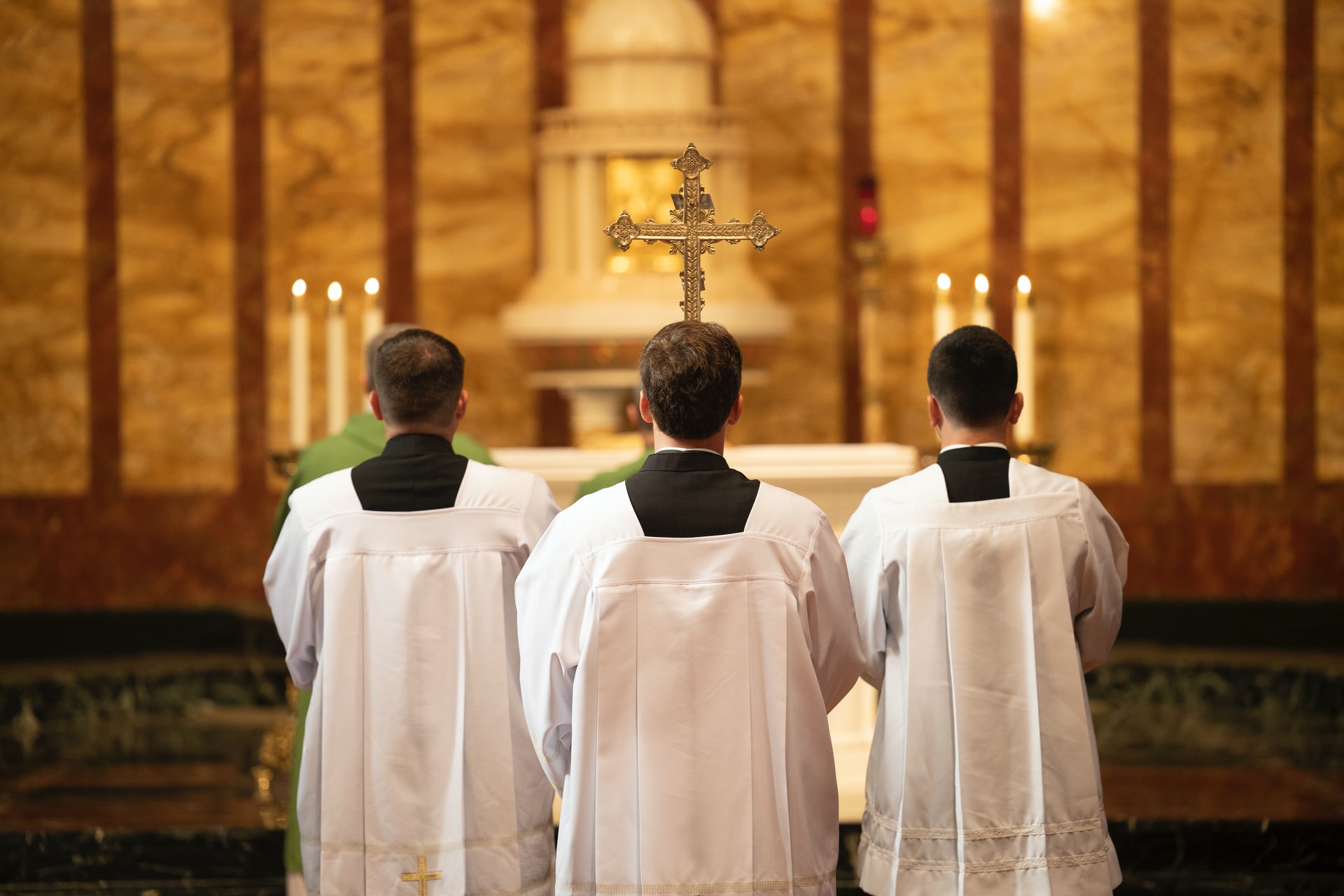
1. What’s The Clergy?
Before joining the clergy, you must first learn what it’s all about, and what its purposes are.
A clergy is a group of ordained individuals that perform sacred functions in a religion. They hold holy offices to help more people increase their spirituality and, ultimately, draw them nearer to God.
Depending on the religion, the clergy comes with different names and positions. Priests, pastors, ministers, deacons, elders, preachers, presbyters, bishops, and popes are the clergy positions in Christianity. In Islam, they’re called ayatollah, imam, mufti, qadi, and mullah. And in the Jewish religion, they’re called rabbi or hazzan.
Certain codes of conduct are also expected from the members of the clergy. They’re generally expected to be patient and slow to anger. But above all, they’re expected to have a countenance that reflects their spiritual attitude and state of mind. Modesty is expected even from the apparel they wear, as you may see in clergy apparel sites, like www.sacredstitches.com.
Roles and responsibilities also come with being a member of the clergy. They’re expected to guide and nourish the spiritual and moral needs of others. Therefore, you must also understand that joining the clergy is a sacred role dedicated to people looking for solace and guidance. You’ve got a responsibility to lead people in their spiritual and moral journey.
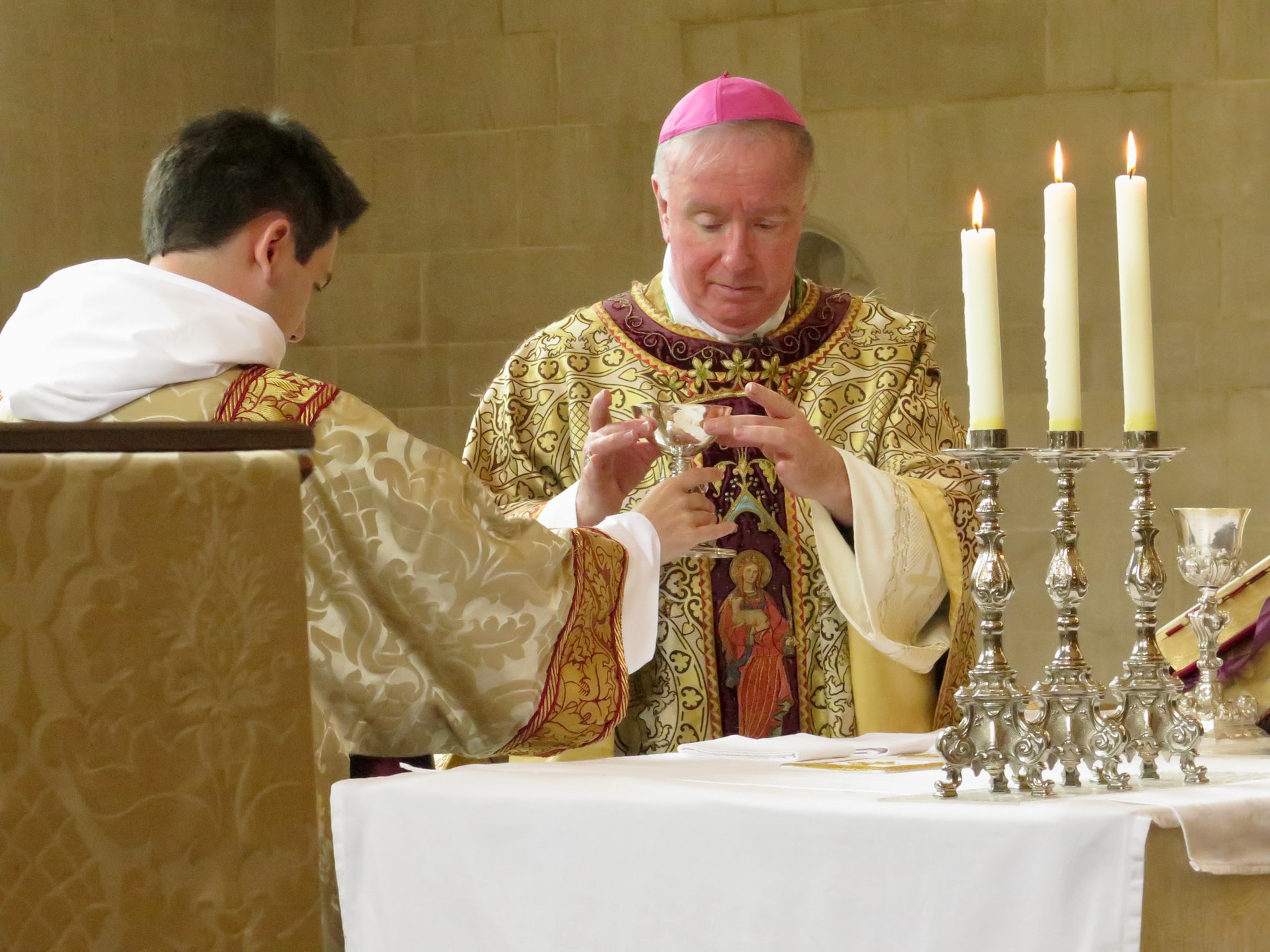
2. What Will You Do In The Clergy?
Now that you know that the purpose of the clergy is to provide guidance in the spiritual and moral aspects of other people’s lives, it’s also a must to know the common responsibilities of clergy members. Listed below are the usual tasks done by clergy members:
- Administering religious ordinances
- Leading in regular worships
- Preparing and delivering sermons and religious talks
- Offering prayers for others, and the world as a whole
- Organizing and attending religious gatherings of different faiths to discuss fundamental beliefs and practices
- Communicating with persons outside of the organization
- Building and maintaining interpersonal relationships
- Promoting spirituality in the society and among its people
- Reading from sacred texts such as the Bible, Torah, Koran, and other religious scriptures
- Planning religious educational programs that promote spiritual enlightenment
- Counseling individuals according to their spiritual, emotional, moral, and personal needs and concerns
- Visiting and providing comfort and support to the poor and the needy
- Engaging in charitable activities
This list isn’t exhaustive, and more responsibilities may come once you enter a clergy.
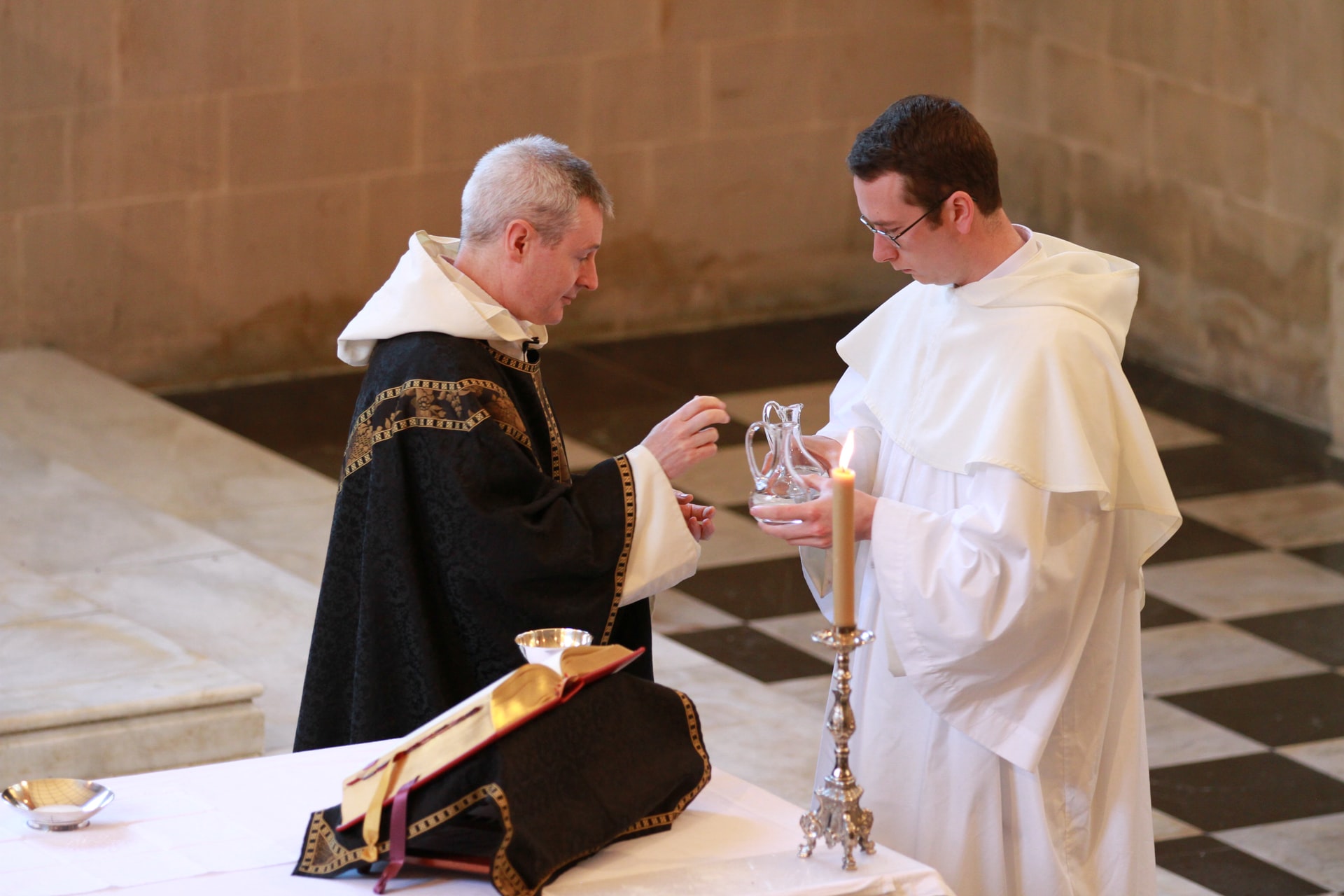
3. What Skills Are Required In The Clergy?
To be efficient in your role, you must also have a special set of skills. Many believe that joining the clergy requires:
- Knowledge in at least several fields of studies such as:
-
- Philosophy and Theology. Knowledge in this area will help you gain an understanding of philosophical systems and religions. This includes their basic principles, ethics, customs, practices, and thinking.
- English Language and Reading Comprehension. Understanding the English language will help you expand your capacity to learn, especially because most sacred texts are written in or translated to English. This is also instrumental in improving your communication skills.
- Psychology. This area focuses on human behavior and performance. A working knowledge in this field will help increase your capacity to understand and give counsel to people with diverse needs and characteristics.
- Education and Training. Clery members will often have to teach to help people understand their spirituality better. This means they may also have to create educational and training materials that promote spiritual enlightenment.
- Speaking skills such as oral expression. This skill focuses on conveying information effectively in a way that’s also convincing and easy to understand.
- Active listening skills. Giving complete attention when another person is speaking, taking the time to listen, asking probing questions, and not interrupting the speaker at inopportune moments.
- Service orientation. This skill is focused on actively seeking ways to help and serve other people, being sensitive to their needs, and having the will to respond immediately.
- Social perceptiveness. Being receptive to other people’s reactions and understanding the cause of their reactions.
The skills listed above show that entering the clergy doesn’t require a specific educational degree. However, you might find it interesting how diverse most Catholic popes’ academic backgrounds are.
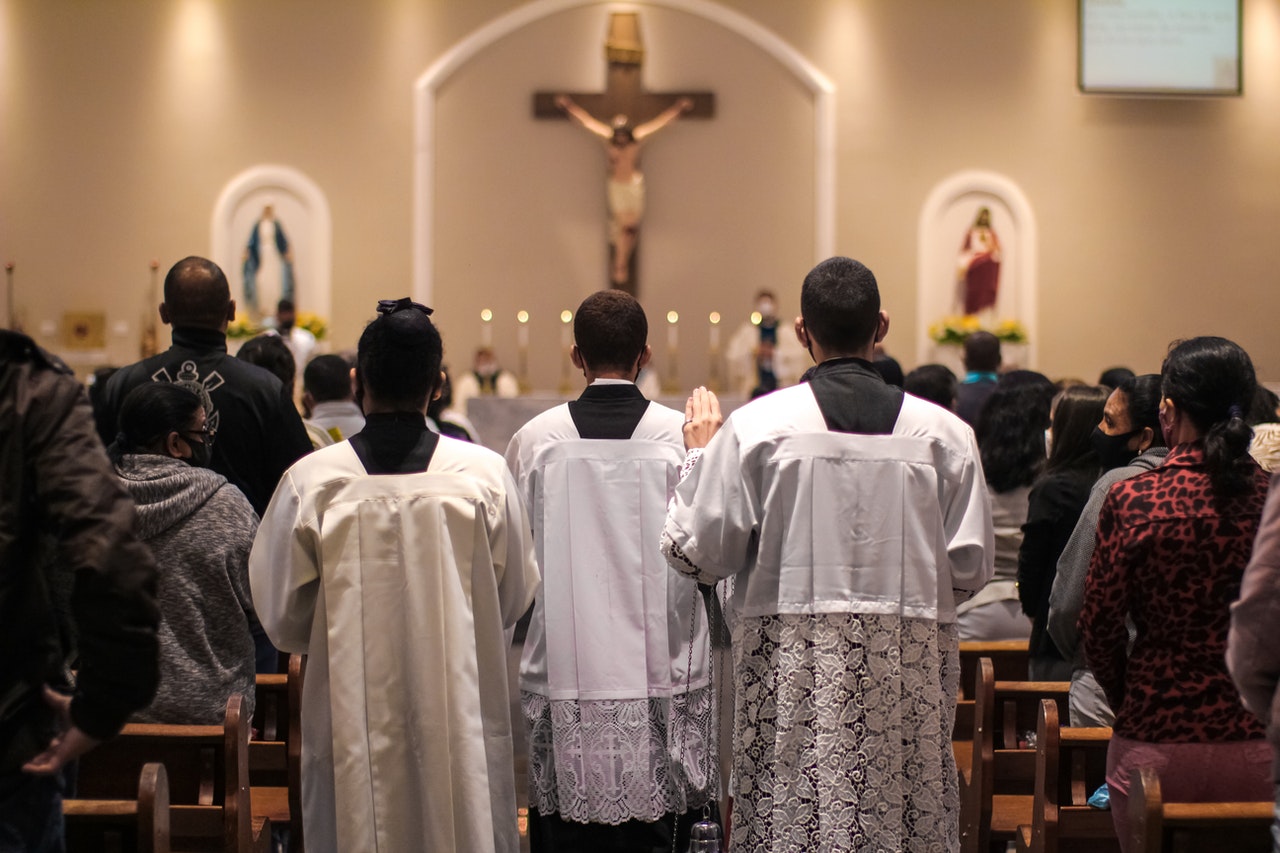
4. Do Your Standards Conform To The Role?
Lastly, and probably the most important of all, is making sure that your standards and the set of skills you have are in harmony with being in the clergy. You need to evaluate yourself if you have the necessary values to uphold a role in the clergy. Some of these values are:
- Charity. The capacity of a person to love and give selfless service and care for others without expecting anything in return.
- Leadership. Your role in the clergy will often put you in situations that’ll require you to lead, take charge, and make decisions.
- Integrity. To guide other people towards spirituality, you must maintain your honesty, high morals, and religious ethics.
- Adaptability. You must be able to quickly adapt and change during unexpected situations.
- Self-control. Maintaining your composure, keeping your emotions in check, and having quiet dignity, no matter the position you’re put through, will be necessary when you join the clergy.
Final Words
The calling to serve others is for everyone. As the Holy Book says, man is called to serve God by serving others. However, entering the clergy might not be for everyone.
If you think that God’s calling you for a more profound vocation, do a thorough study of what it needs to take to join the clergy. Take time to pray and reflect. Be patient and stay attentive to God’s messages. In due time, He’ll whisper you the answer.


